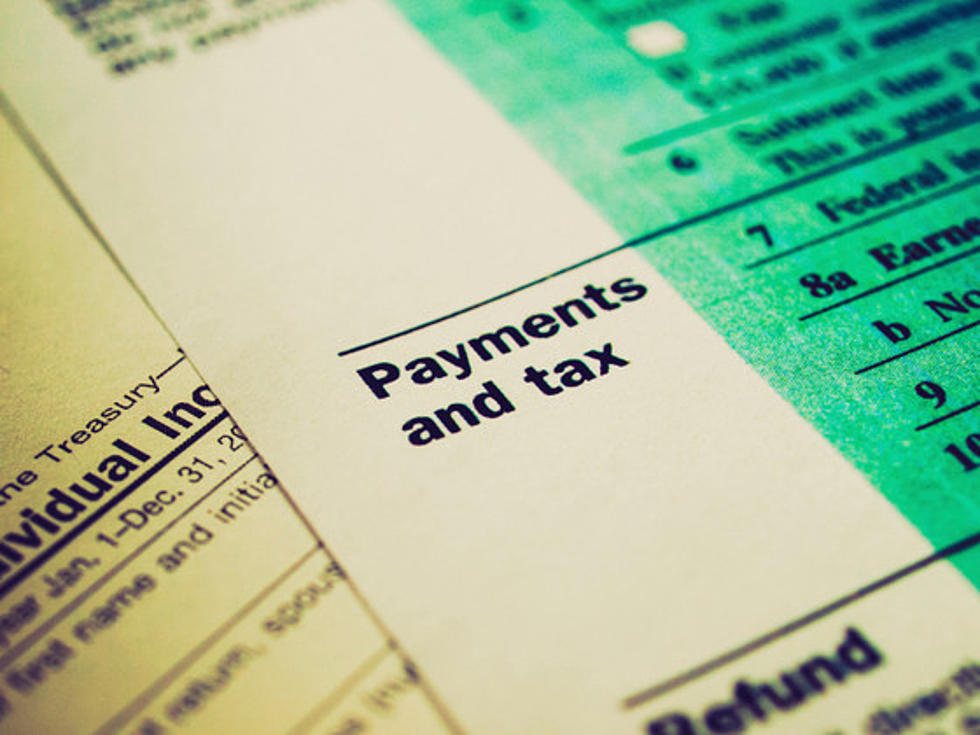
You Have Options If You Can’t Afford To Pay Your Taxes
I know, they're not due right now. The original date was yesterday, and it got pushed back to May.But for some people, it's not that simple. Just pushing it back doesn't make the actual problem go away. What if you just can't pay your taxes? Then what do you do?
1. File Late.
A lot of people actually end up doing this. You'll get charged interest, though. And penalties. BUT, if you've got a legit reason to miss the deadline, you might be able to get those fees and penalties reversed. It has to be something super serious though, like a natural disaster or a death or a divorce.When you get a past-due notice, just send a certified letter to the address it came from saying you're, quote, "requesting abatement." Then explain why you couldn't file in time.
2. Set Up a Payment Plan.
I know a lot of people here think that IRS is the same as the local property tax collectors. No, you can't do a payment plan on property taxes. They don't take payments, you have to pay it in full. BUT. With the Feds, you don't have to pay it all in one go. Yes, just like other bills, you can do this. I've done it with hospital bills, even. You can pay it off over a few years if you need to, up to six. Of course, you'll have to pay interest. And there will be a fee. But if it's only a few grand that you owe, and you just don't have it, it might be worth it. If you owe less than 25 grand, you can apply for a payment plan on the IRS website. Just file your taxes and send a check for as much as you can afford to pay right now. Then go to IRS.gov/Individuals.
Even right there on that link, they tell you:
Don’t panic. If you cannot pay the full amount of taxes you owe, you should still file your return by the deadline and pay as much as you can to avoid penalties and interest.
You also should contact the IRS to discuss your payment options at 800-829-1040. The agency may be able to provide some relief such as a short-term extension to pay, an installment agreement or an offer in compromise, or by temporarily delaying collection by reporting your account as currently not collectible until you are able to pay.
In some cases, the agency may be able to waive penalties. However, the agency is unable to waive interest charges which accrue on unpaid tax bills.
3. Requesting a Settlement.
I had to ask a local accountant about this one, and I did some Googling as well. The IRS mentions it in the quote above, an "offer in compromise". This option is probably a last resort, and probably not an issue for the average person. If it turns out you can't pay within six years, go to IRS.gov and search for form 656B. Then fill out the worksheet to figure out the minimum amount you should offer to pay. You'll have to pay a portion of your bill, and probably a $150 application fee. But if your offer gets rejected, both of those get applied to your balance. So yeah, last resort.
Either way, just like the IRS says, don't panic! If you try to take care of it, you won't get in trouble. Just ignoring it and not even making an attempt, that's what'll get you in hot water.
Taxingly yours,
Behka
KEEP READING: See the richest person in every state
More From AM 1050 KSIS










